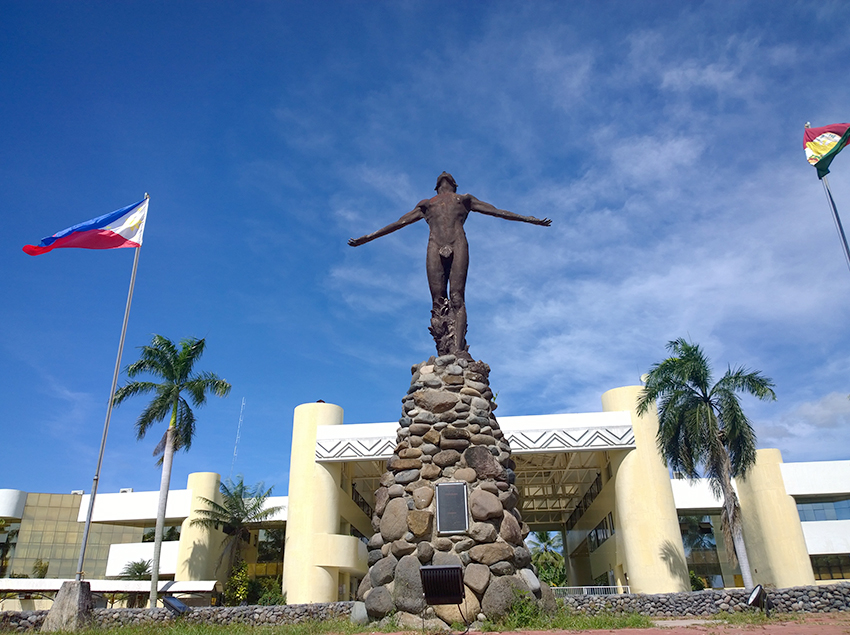
Photo from Rene A. Estremera, University of the Philippines Mindanao Public Relations Officer
DAVAO CITY, Philippines — The University of the Philippines system announced that it will not be collecting tuition from its students for the first semester of its academic year 2017 – 2018, regardless of financial status.
In a memorandum signed by UP System President Danilo Concepcion on Monday, the university explained that no tuition would be collected from Filipino students, except: (1)those who already hold a bachelor degree, (2)those who “fail to comply with admission and retention policies of the university,” and (3)those who fail to complete their undergraduate degree within a year after the prescribed period of their programs.
Students who have already paid tuition meanwhile, will be eligible to refunds.
“UP’s current enrollment system requires the assessment of tuition and other fees as the final step to enrollment. During registration, the tuition and other fees assessment for qualified students shall be set at zero. Those who have already been assessed but have not yet paid shall have their registration forms reassessed in accordance with their unit’s enrollment process in order to complete their enrollment.
For those who are qualified but have already paid, the process for refund shall be addressed in separate guidelines,” the memorandum read.
Law and medical students however, are not covered by the law. The memorandum said the respective students may avail of the school’s native tuition scheme or other government scholarships.
Students pursuing their graduates studies are likewise not covered.
This constitutes a major development after the Commission on Higher Education in earlier reports said only UP would be collecting tuition this year due to its “complicated tuition structure.”
Tuition for SUCs will be waived for this year because of the P8.3 billion allocated for full tuition subsidies under the 2017 budget.
The UP System practices its own Socialized Tuition Scheme, which assigns tuition subsidies based on yearly financial assessments.
Tuition for college students studying in State University and Colleges in the country became free after President Rodrigo Duterte signed into law the Republic Act 10931 or the Universal Access to Quality Tertiary Education Act last week.
The Implementing Rules and Regulations of the law are set to be released by Finance Secretary Benjamin Diokno, who notably was not in favor of the law.
In news reports, Diokno said the government would need some P100 billion to fund the provisions of the law. CHED however, estimates that P8 billion would be sufficient. Meanwhile, Senate Majority leader Franklin Drilon put the cost at around P20 billion to P25 billion. (davaotoday.com)








